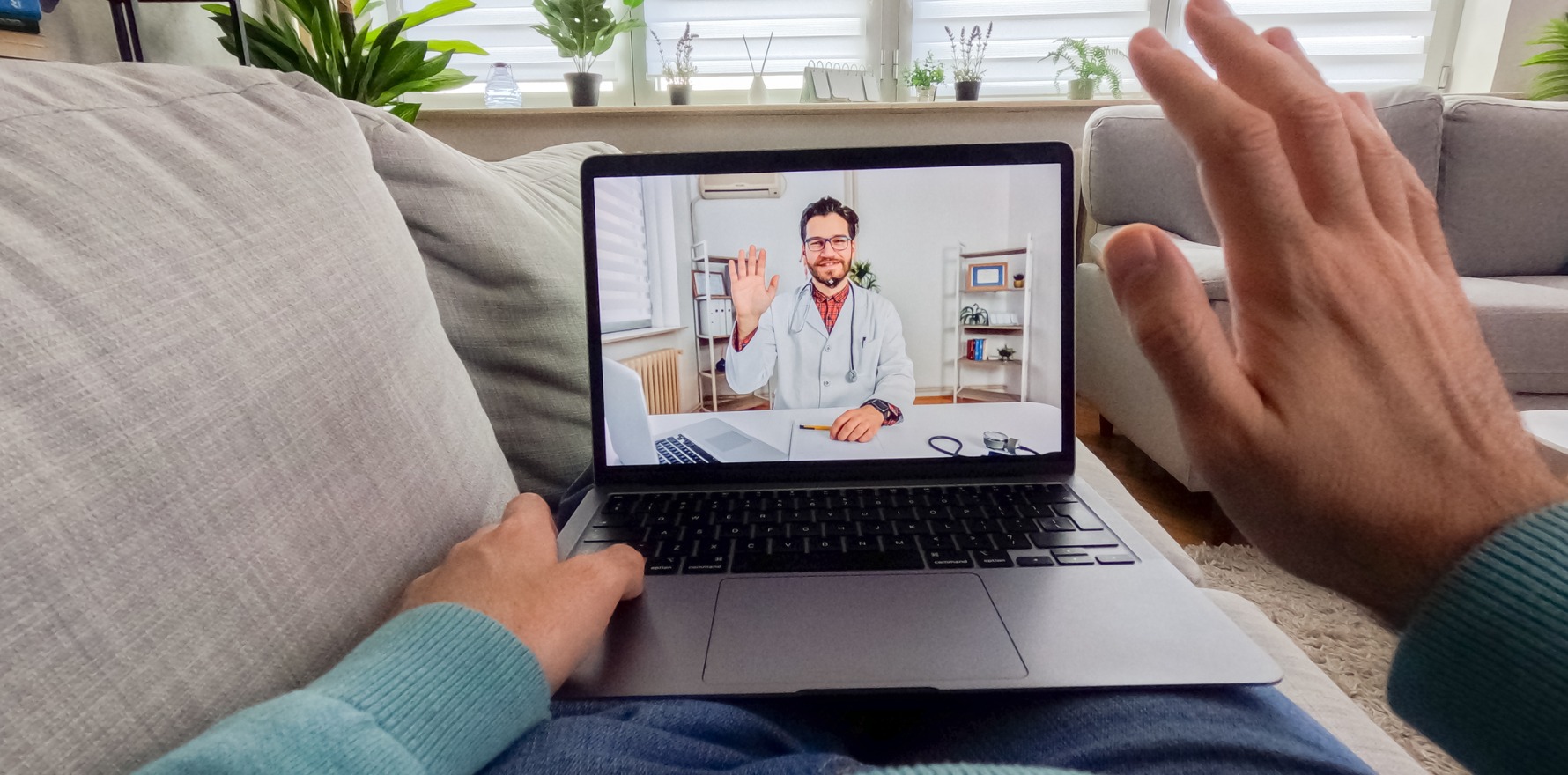Telecare has partnered with a Victorian district health service to establish a clinic which will offer both face-to-face and telehealth consultations with GPs from 12 August.
Leading virtual care provider Telecare has joined forces with Kyabram District Health Service to establish a first-of-a-kind service for Victoria combining face-to-face appointments with weekly virtual telehealth consultations.
Scheduled to open on 12 August, the centre will offer five days a week of in-person consultations for the first three weeks, after which services will transition to two days a month (within one week) of face-to-face visits and two days a month of telehealth consultations
Two Telecare GPs, Dr Ken-Tze Koh and Dr Raymond Wen have been recruited to staff the centre, with plans to hire a practice nurse to assist patients with both face-to-face and virtual consultations conducted through the centre.
All appointments will also be bulk billed for the first three weeks that the centre is up and running, after which clients not eligible for bulk-billing incentives will be charged a full fee of $80 with a Medicare rebate of $42.85.
- This article was first published by Health Services Daily. Read the original article here, or get your discounted GP subscription here.
While primary care provision was not Telecare’s “bread and butter”, with services previously centring on digital models for secondary specialist and allied health care, chief operating officer Lina Xu told Health Services Daily that working closely with regional health services and hospitals had revealed the urgent need for a hybrid service to bridge the gap.
“Historically telecare has been very focused in providing secondary specialists and allied health services through digital means,” said Ms Xu.
“Those are the usual services we provide, [but] through our partnership with regional health services and hospitals [across Victoria] we identified that the needs are probably not only limited to specialist care.
“Towns like Stanhope have not had a GP for 18 months to two years. Being a provider in the secondary care space [we know] when you’ve lost your primary health practitioners and providers, patient care [gets] delayed,” she said.
“Kyabram District Health Service has had a contract with Telecare for virtual inpatient care for nearly a year now, so we’re very familiar with the team, and this conversation probably started from [when] they lost their GP and this town was really struggling.
“One of our founding members, Dr Raymond Wren, is a practicing GP himself, so we started to think that it’s probably the time for us to branch out and to build our primary health arm.”
Related
Both Ms Xu and Dr Wren, medical director at Telecare, emphasised that continuity of care and long-term sustainability were at the heart of the service’s hybrid model, as opposed to the “revolving door of locums” that typically constituted primary care services for rural and regional communities.
“In the rural setting, with the GP crisis, rural patients are missing out on continued continuity of care,” Dr Wren said.
“As a metro GP myself, I’ve picked up cases where because patients have been just seeing a revolving door of locums, some of the medications that should have been reviewed at the five-year mark and definitely stopped by 10 years – they have been on [them] for 15 years.
“So they don’t get the same level of care for their chronic diseases, and there’s probably less of the mental health side of things being dealt with properly because they don’t feel confident or trusting enough to disclose some of those mental health concerns as well.
“We’re very mindful that we’re not seen to be replacing local doctors or expanding a hybrid model just to build business … the idea of the model really is to support rural towns that haven’t been able to attract a GP service locally, partly because of the size of the town where it’s not viable to have a standalone GP service anyway, [as well as] the broader context of there being less GPs willing to kind of do rural work.
“There are similar models in New South Wales and there’s the virtual integrated practice model in Queensland, but as far as I know, it is a unique model because we essentially are building a completely hybrid practice from scratch, without a formal health service building it within their own employee or SMO situation.”
While decisions on whether to scale up the model to other towns or jurisdictions were dependent on findings from a validation study evaluating the first six months of the centre’s operations, Dr Wren said several other health services had already reached out to discuss establishing similar services for their districts
“It has to be a viable, standalone model without any health service support eventually, [but] if it’s a success I think there’s no reason not to scale it up,” he said.
“There’s lots of communities that are crying out for consistent GP services. We’ve already had contact with other health services that heard that we were doing this and immediately wanted to book meetings with us, because it’s [such] a big problem.”
The Stanhope Telecare medical centre is currently accepting bookings for consultations via phone on 4800 5291 or email via stanhope@telecare.com.au.




